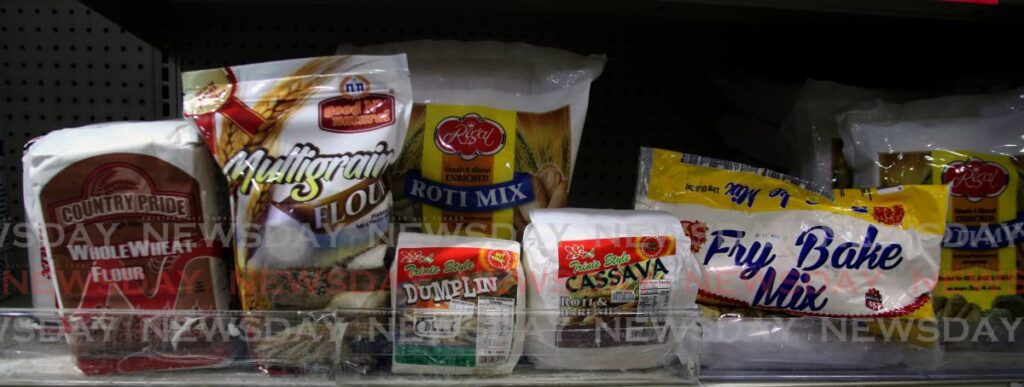Cushioning the blow of inflation

Originally, the year 2022 was supposed to be the year of economic rebound. The advent of vaccines and improvements in their supply were supposed to draw a line under the nightmare of the covid19 pandemic. But it was not to be.
The omicron variant has complicated the endgame – if indeed an end will ever be in sight. The sickening reality that the virus and all of its side effects (physical and social) will remain a factor in life for some time to come was always known, but it was all but confirmed by the events of 2021 which saw many businesses reeling under continued downfalls.
With the vaccination rate nowhere near where it should be, the health system facing imminent collapse, rises in the cost of living and continued fears over the pandemic as a whole, the conditions are not ideal for the kind of recovery businesses would have liked.
Underlining this are all of the projections now of price increases in a wide range of sectors.
Following on the heels of the announcement of price increases by as much as 22 per cent by state-owned National Flour Mills and another flour manufacturing company, Nutrimix, there have been concerns about inflation even further afield.
The Central Bank last Friday warned of further increases in food and core inflation. While there is cautious optimism for economic recovery once the gradual reopening of the economy continues, it is clear that recovery is premised on contingencies that might easily evaporate overnight.
Food inflation surged to 7.6 per cent in October from 5.8 per cent in September and is likely to continue its upward trajectory.
Already, consumers of Carib products will now be paying $1 more for their beverages. Primary ingredients used in manufacturing beer, hops and wheat, have increased in price but this has also been complicated by increases in freight and shipping. These developments will only aggravate the plight of bar owners and those in the recreation sector, which is already still reeling even with the introduction of safe zone policies.
Government will find itself under enormous pressure to do better when it comes to inflation. The old tactic of removing VAT on certain commodities will have to be superseded by other measures.
Economists such as Dr Vaalmikki Arjoon warn of the impact of fiscal adjustments globally by countries like the US and China which could, outside of commodity prices, make it costlier for locals to borrow.
Trinidad and Tobago Chamber of Industry and Commerce CEO Gabriel Faria has noted the covid19 situation has crippled small and medium enterprises.
“It could take years for a return to pre-crisis levels,” he said. “I hope the government will take some action to provide meaningful support to the vulnerable in our society, both the citizens and small businesses.”
Already, many laudable new measures unveiled by Finance Minister Colm Imbert during the budget last year have taken effect, including tax relief and incentives for digitisation. However, the Government will have to go even further to cushion the blow by doing more to tackle inflation, boost business and foster food security.


Comments
"Cushioning the blow of inflation"